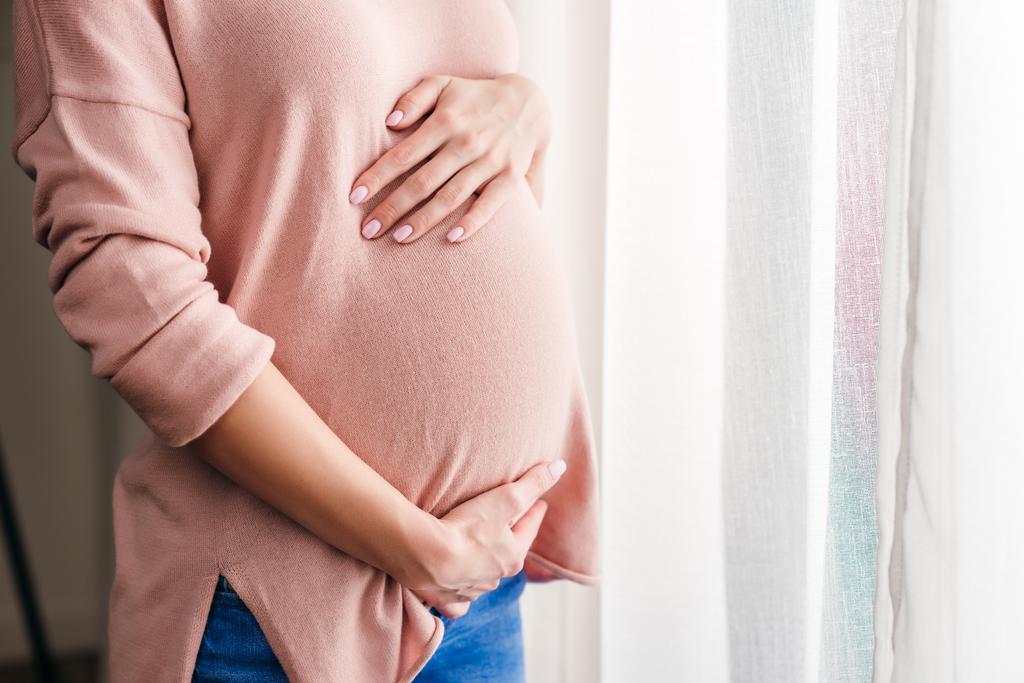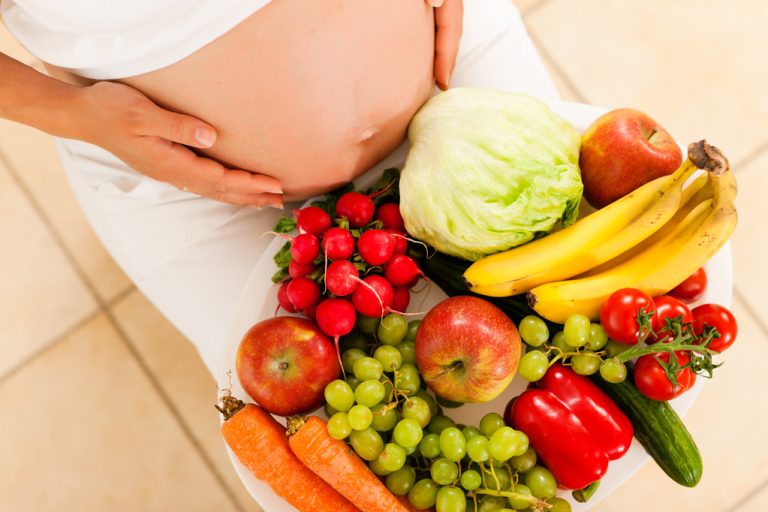Many women are iron deficient during pregnancy. During this time, pregnant women have an increased need for iron. But you can prevent iron deficiency with various foods.
Iron is an important substance for the formation of red blood cells and is essential for the human body. A woman needs about 15 milligrams of iron per day – a balanced diet is normally sufficient for this.
The problem: During pregnancy, the need for iron temporarily doubles. After all, the expectant mother has to take care of the unborn baby in her womb. However, every third pregnant woman does not manage to get enough iron from food, so that many suffer from iron deficiency. However, you can recognize the deficiency by different symptoms and compensate with different foods.
Recognize iron deficiency in pregnancy
The symptoms of iron deficiency are often very non-specific. Acute iron deficiency usually occurs in the last trimester of pregnancy, which is why you should pay particular attention to the following signs from the 6th month:
Fatigue,
constant exhaustion,
Forgetfulness,
concentration problems,
hair loss,
pale skin,
brittle nails,
cracked corners of the mouth,
weakened immune system,
declining physical performance.
In the case of an extreme iron deficiency, the body hardly produces any red blood cells. This can lead to what is known as anemia. In this case a doctor must be consulted. Because red blood cells are important for the baby and the placenta to grow. A 2016 study found that iron deficiency in babies can impair brain development, among other things.
Foods for iron deficiency in pregnancy
To a certain extent, you can prevent and treat iron deficiency yourself during pregnancy. In return, you consume more iron-rich foods and drinks. We recommend that you get the food in organic quality and from the region. In this way you avoid unnecessary pesticides and superfluous transport routes.
The most iron-rich grain product is wheat bran. This contains about 15mg of iron.
Millet flakes are also impressive with around 9mg per 100g.
In addition to a lot of vitamins, pumpkin seeds also contain a lot of iron.
You can also add more dried lentils and white beans to your diet if you suspect iron deficiency.
Soybeans, chickpeas and tofu also contain a lot of the important trace element.
Although spices are only consumed in small amounts, the following spices, for example, contain a lot of iron: cardamom, parsley and cinnamon.
Egg yolk contains about 5.5mg of iron per 100g.
Red juices contain a large amount of iron: beetroot and black currant in particular, but also beets are suitable.
Tip: The body can absorb iron particularly well in combination with vitamin C. Therefore, make sure to supplement your iron-rich meal with fruits and vegetables containing vitamin C. Milk, on the other hand, inhibits iron absorption!
Important: If your iron deficiency gets worse or the symptoms persist for a long time, you should definitely consult a doctor. In order to avoid anemia, he may prescribe you iron-containing supplements.

